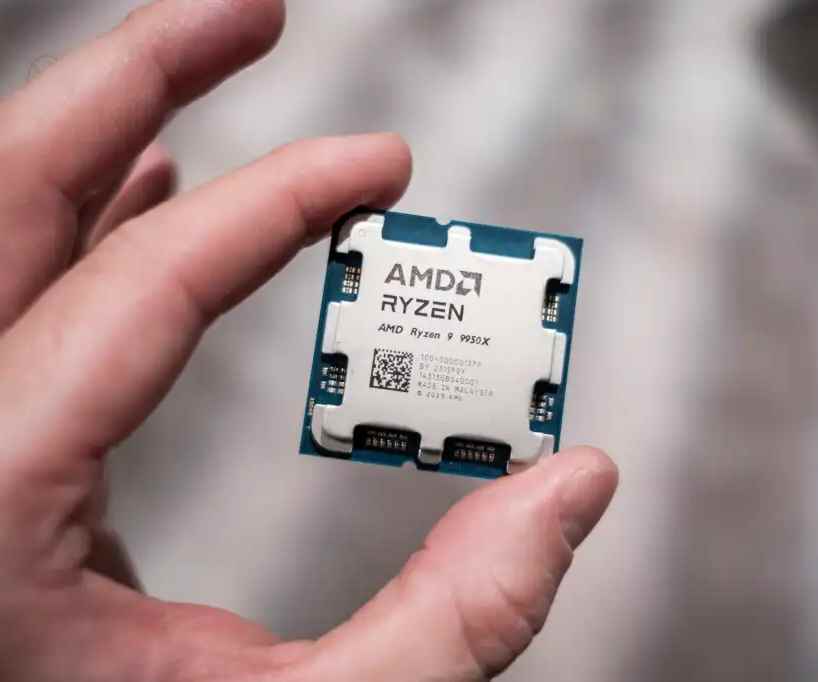
The first Ryzen 9000 processors are launching on the 8th of August, following a discrepancy in the first set of units shipped to OEMs and ODM partners. These include the Ryzen 5 9600X and the Ryzen 7 9700X, followed by the Ryzen 9 9900X and the 9950X on the 15th of August.
The Ryzen 9000 desktop lineup will feature up to 16 cores (32 threads) spread across two 8-core CCDs, each packing 32MB of unified L3 cache, and 64MB total. The Zen 5 dies will be fabbed on TSMC’s 4nm (N4P) process.
The top-end Ryzen 9 9950X will have a peak boost clock of 5.7 GHz and a TDP of 170W. The Ryzen 9 9900X reduces the TDP to 120W, while the lower-end SKUs are specced at 65W.
The Ryzen 9000 processors are expected to be cheaper than their predecessors by at least $25 to $50. This is to ensure that they look more appealing than the heavily discounted Ryzen 7000 stack:
The Zen 5 core (codenamed Nirvana) is a major upgrade over Zen 4, with a reworked frontend, wider dispatch, and increased execution resources. The branch predictor has been optimized for “zero-bubble” conditional branches. This means there won’t be a pipeline delay when the core executes conditional branches.
Click to continue reading